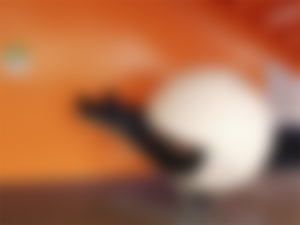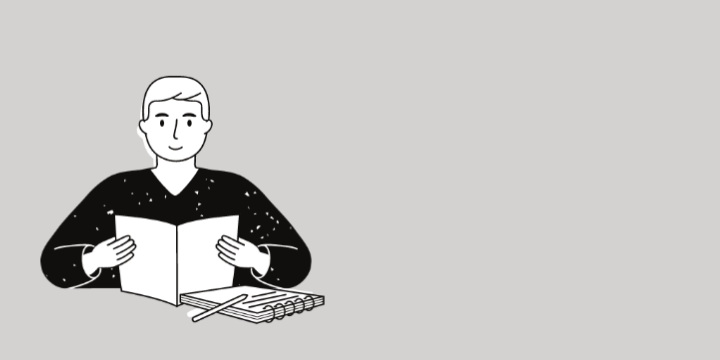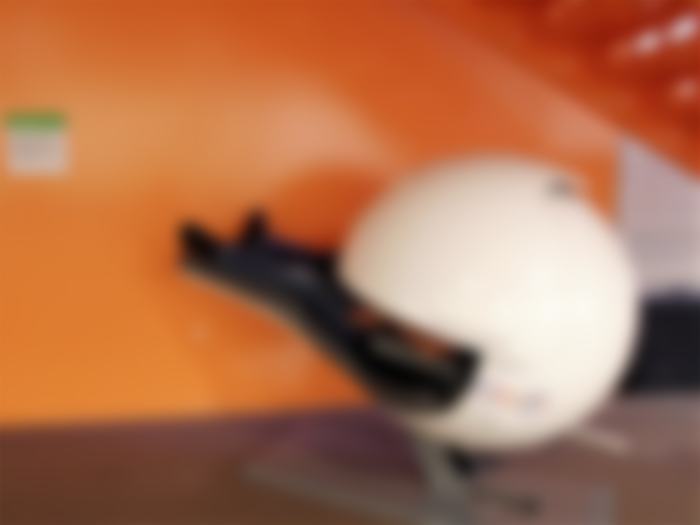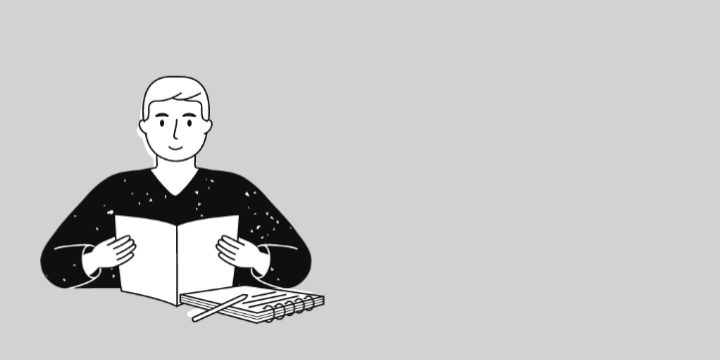August 19, 2021

When you feel sleepy, a nap is better than drinking coffee - experts say.
I think this article is very timely today. Since online classes are opening, I am expecting that students are bombarded with different academic activities thus making them stressed and sometimes sleep deprived.
So for today’s article, we are tackling naps and how this thing can help you better instead of drinking beverages with caffeine. Are you ready? Let’s go!
Being a student or a busy person like you, sometimes I can’t cope up with the tight schedule. Sleeping or taking a nap is not an option for me since 24 hours is still inadequate for flooding tasks. So instead of taking a short nap, I just drink energy drinks, coffee, or other caffeine beverages just to make my brain function and be active.
However, according to Sara C. Mednick, PhD, sleep expert, napping is still better than drinking coffee. It is true that caffeine can make you feel alive but it decreases your memory performance.
There are five types of naps.
Recovery Nap
This type of nap can be taken to help you fulfill your sleep deprivation. For instance, you had to finish a very important project thus making you awake the whole night. You might take this nap later on to recover your missing sleep.
Prophylactic Nap
This nap can be used as a preparation for sleep loss. For example, you’re on a work shift that requires you to stay awake the whole night. You may take Prophylactic Nap in between your work shift to avoid sleepiness and maintain mental alertness.
Appetitive Nap
This can be perfect if you’re having a bad day, or something comes up that makes your mood shift to an unpleasant one. In my case, when sadness suddenly kicks in, I will take an appetitive nap to improve my overall mood.
Fulfillment Nap
This type of nap is critical to toddlers or childrens as it helps them in their development. To anyone who experienced being forced by their parents to sleep during the midday, that’s a great example of a fulfilling nap.
Essential nap
When you are sick, taking naps is considered essential. This is because your immune system is fighting infection and requires more energy.
Now that you know different types of naps, how long should each nap last?
According to Sleep.org, 10-20 minutes of nap is already enough. Anything beyond that ideal length will make you feel sleepy and groggy. That feeling is called sleep inertia. Sleep inertia happens when your body enters deep sleep but you are suddenly interrupted.
Nevertheless, essential naps are an exception to this. Since your body needs more rest, sleeping or taking longer naps promote faster recovery.
On the other hand, people with insomnia are discouraged from taking naps as it may further disrupt their sleeping schedule.
Benefits of taking a nap.

The technical phrase for the sense of being sleepy is homeostatic sleep drive. It is identical with the desire for food that we feel. Your homeostatic sleep drive is low when you get up after a good night's sleep. The pressure gradually rises during the day until we feel sleepy in the evening. Sleeping at night reduces sleep pressure, and the cycle starts over the next day.
Source: https://www.sleepfoundation.org/sleep-hygiene/napping
Taking a nap is very ideal when you are already feeling sleepy but you still have many things to do.
In my case, while writing this article I am already feeling tired of squeezing my mind to produce some English words. So I decided to take a short nap to freshen up my mind.
Charan! I'm not feeling groggy! Just enough to increase my mental alertness. My sleepiness is also gone.
I took a nap for this article. You can see my commitment here 😂.
Aside from increasing mental alertness and reducing sleepiness, taking a short nap can improve learning, aiding memory formation, and regulates emotion.
Big companies also acknowledge the importance of naps. Google and Apple already put nap pods instead of lounge rooms.

I think schools should also put nap rooms to improve the learning of their students. What do you think? Let me know your insights in the comment section.
However, scientists also found some disadvantages when it comes to napping. As I mentioned above, people with insomnia are discouraged from getting naps as it may affect the flow of sleep.
Another study says that adults who napping longer than ideal length are prone to depression, diabetes, and heart disease.
To take the best nap, the following are the tips you can do:
Set an alarm
Nap early
Create a nap friendly environment
Reflect on why you’re napping
References:
https://www.webmd.com/balance/features/the-secret-and-surprising-power-of-naps
https://www.sleepfoundation.org/sleep-hygiene/napping
https://www.healthline.com/health/guide-to-power-naps#The-ideal-power-na

You can read my recent articles...






Instead of drinking coffee to stay alert, it is better to take a 20-minute nap. This will not just help our body to rest but also boost our productivity throughout the day! I usually do this during exam week or I need to finish a requirement that would need me to stay up all night. :)